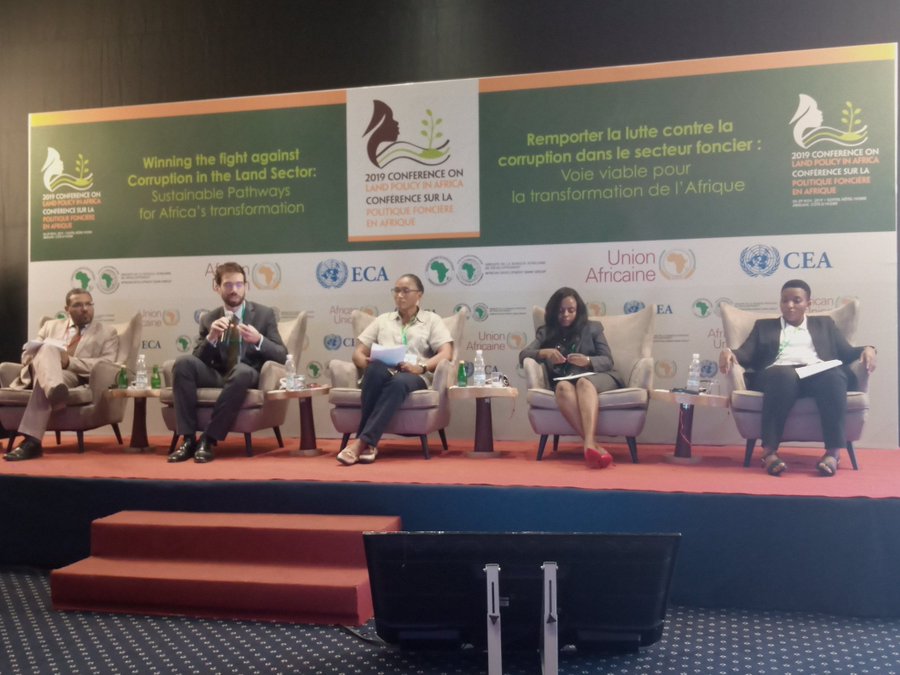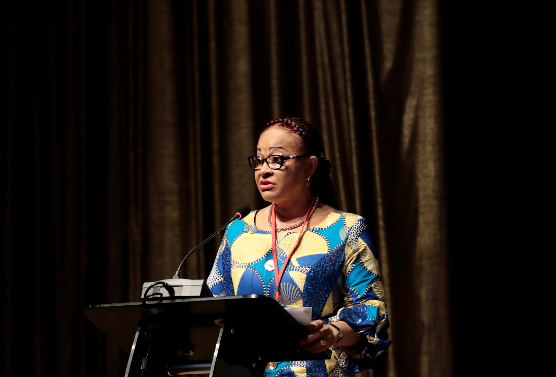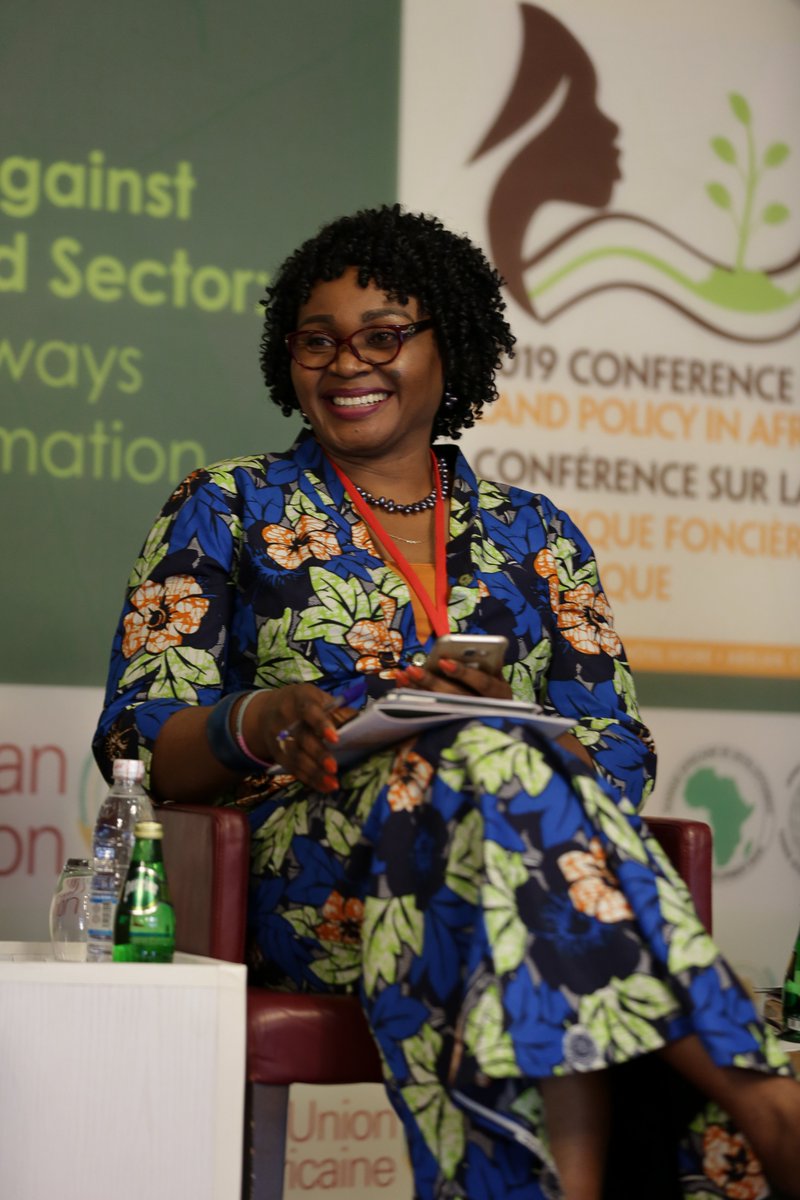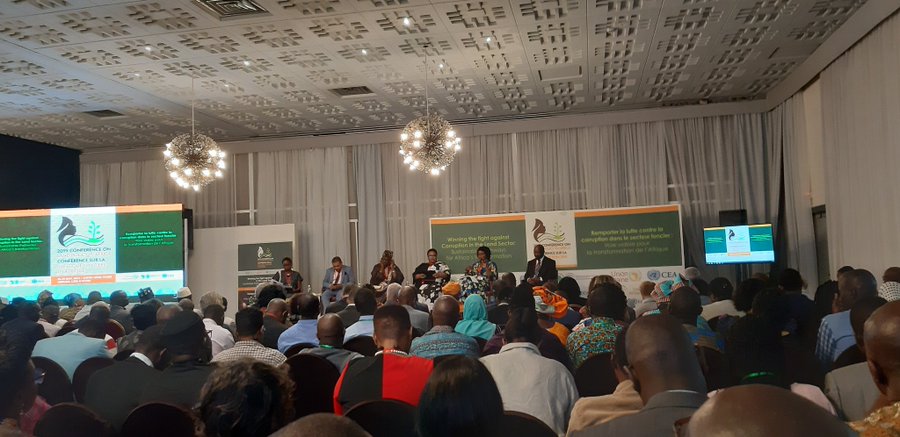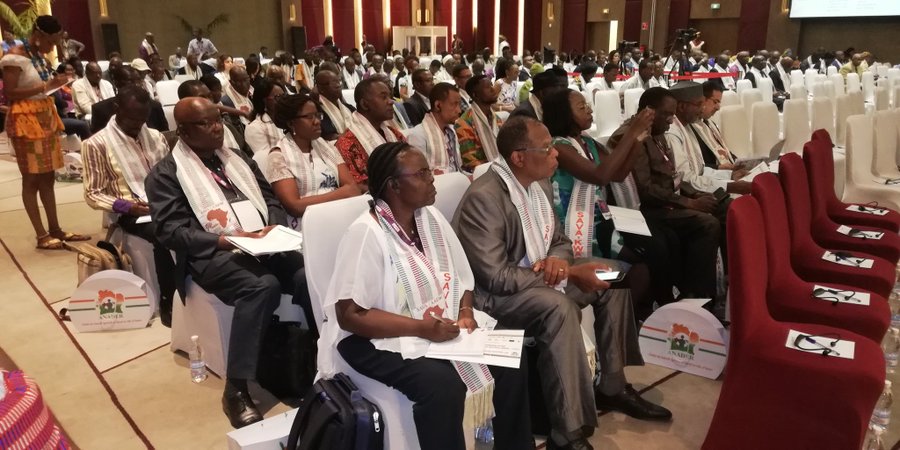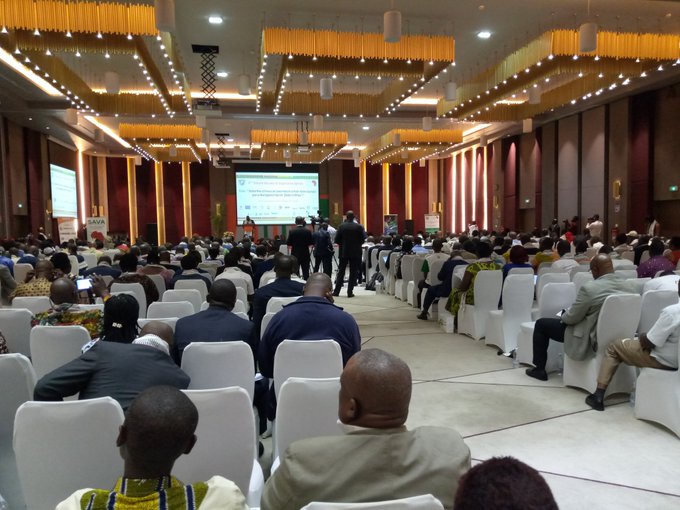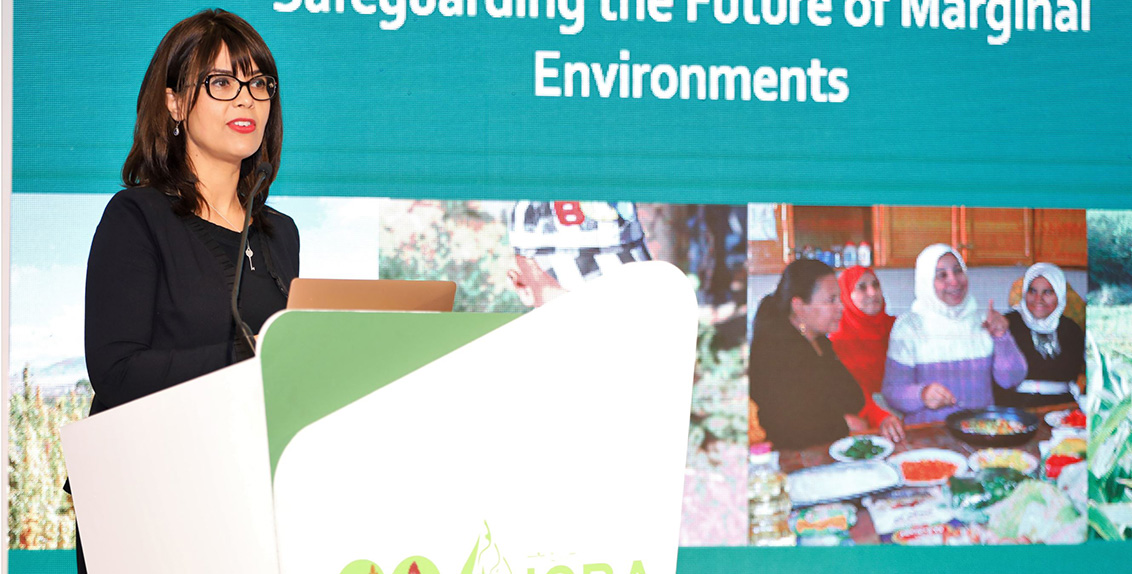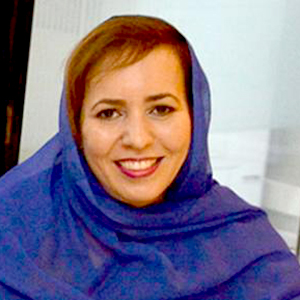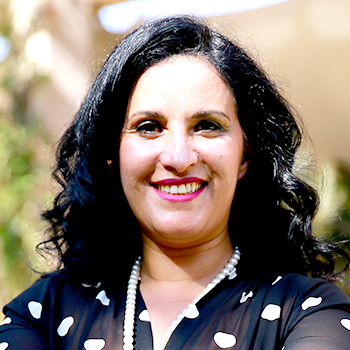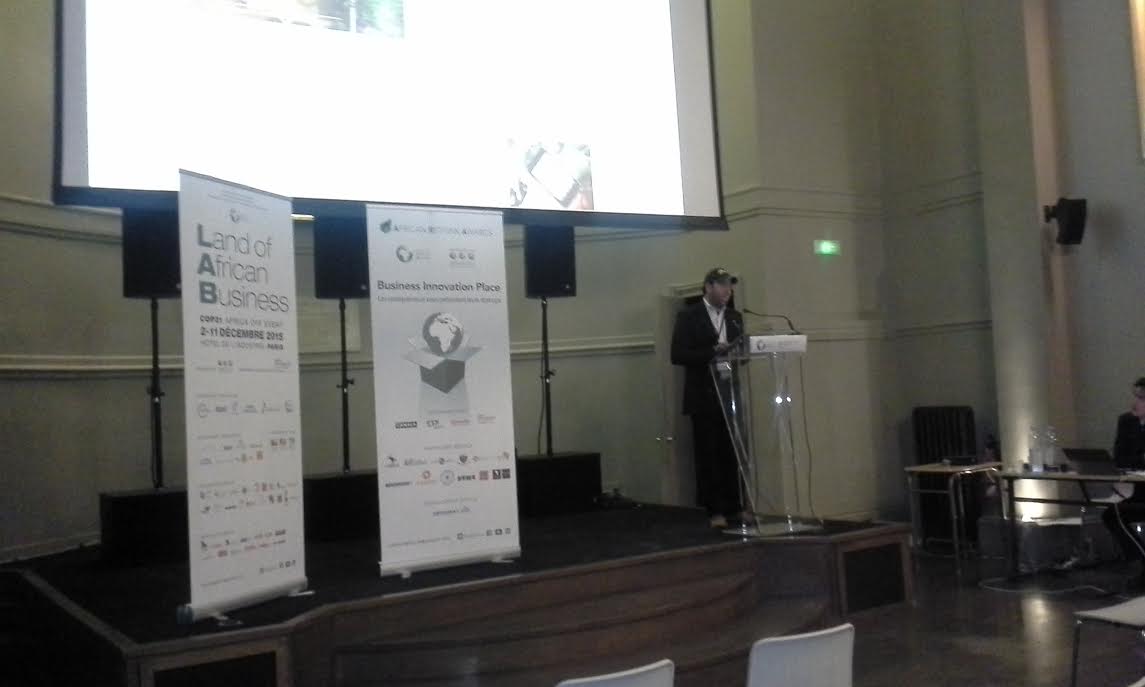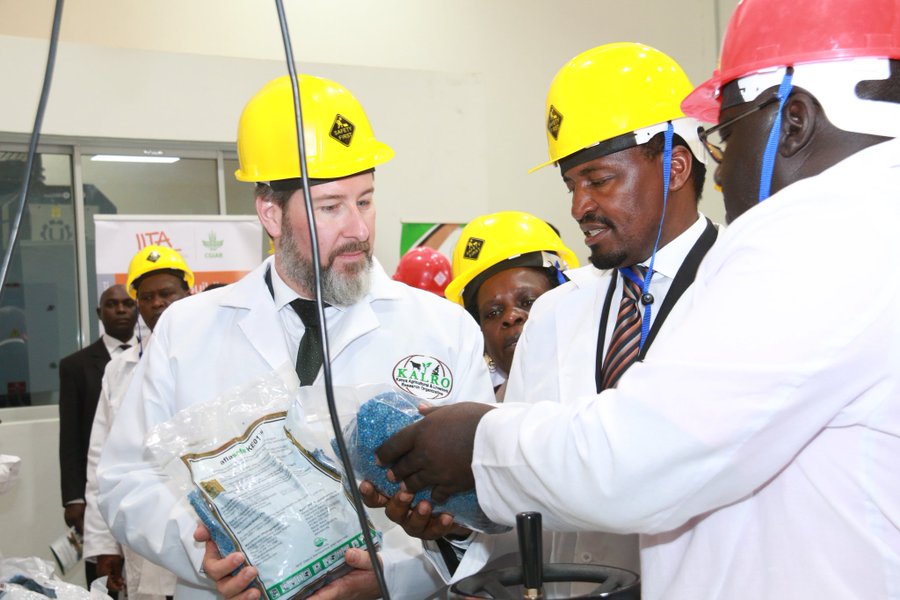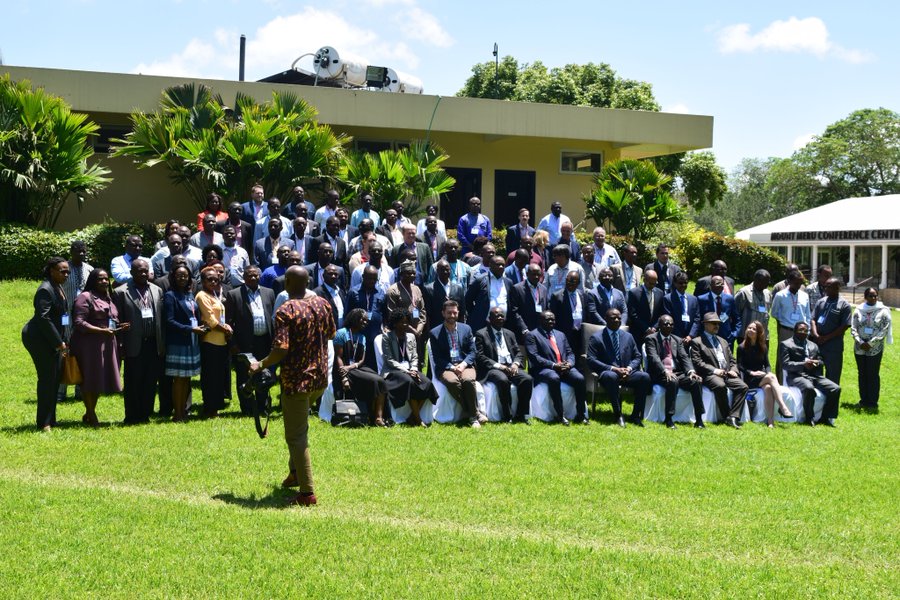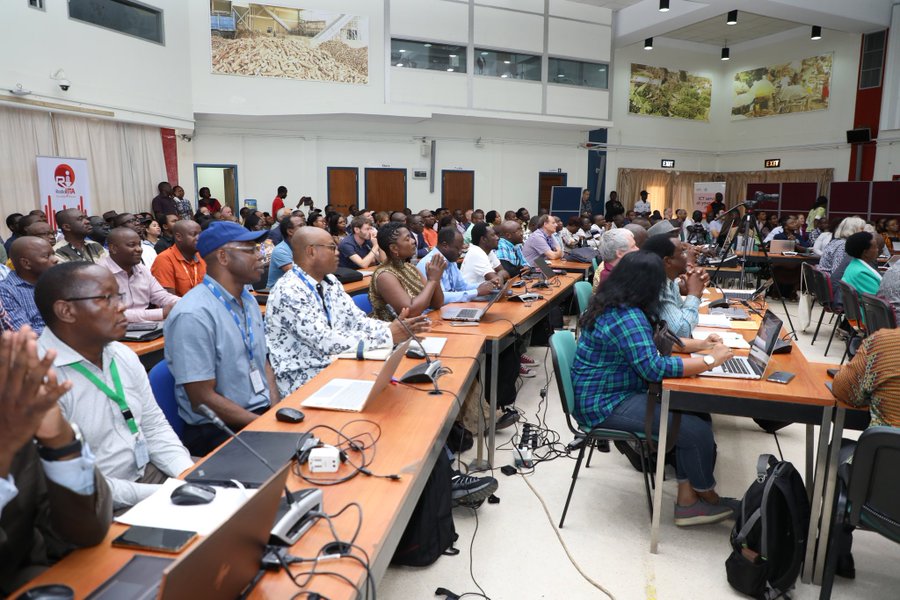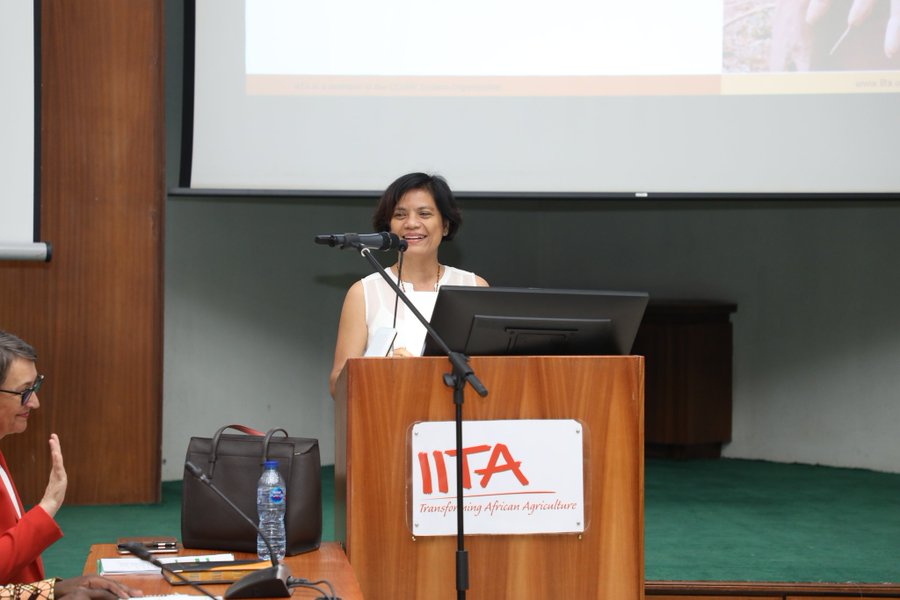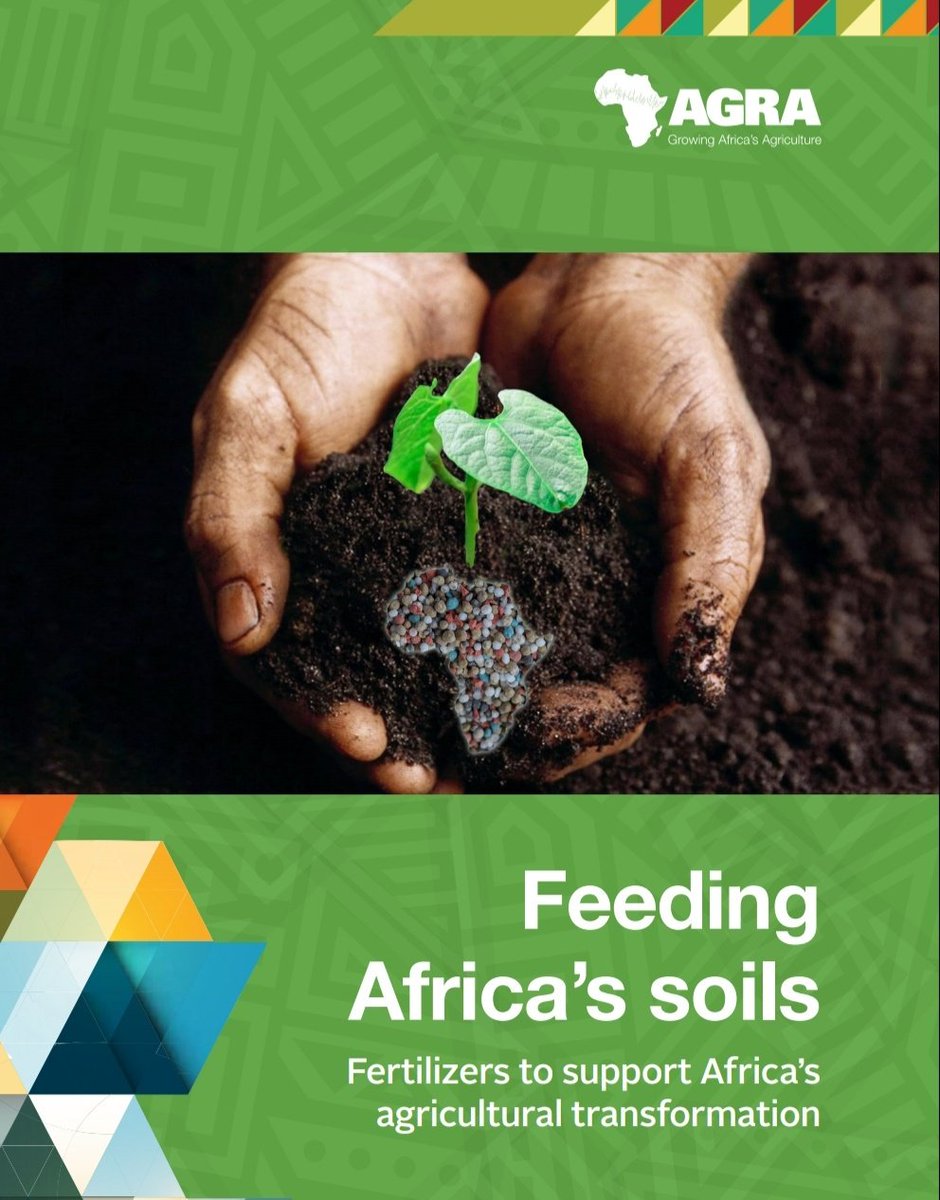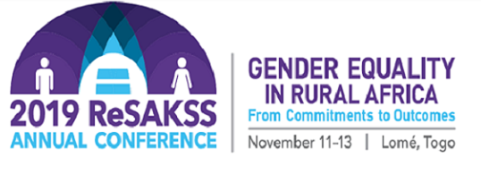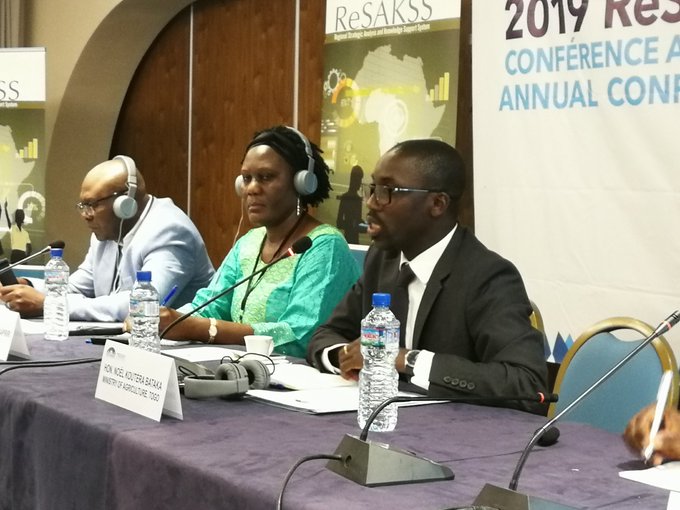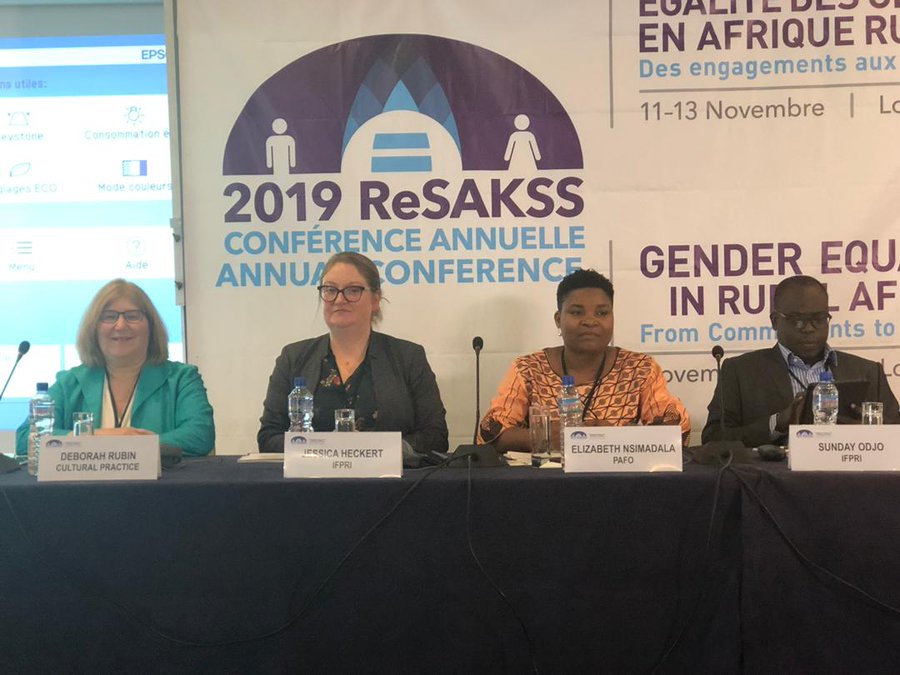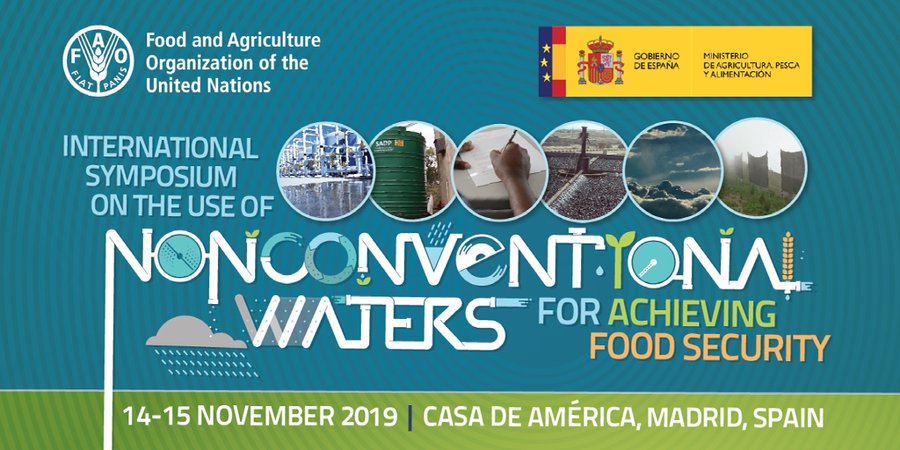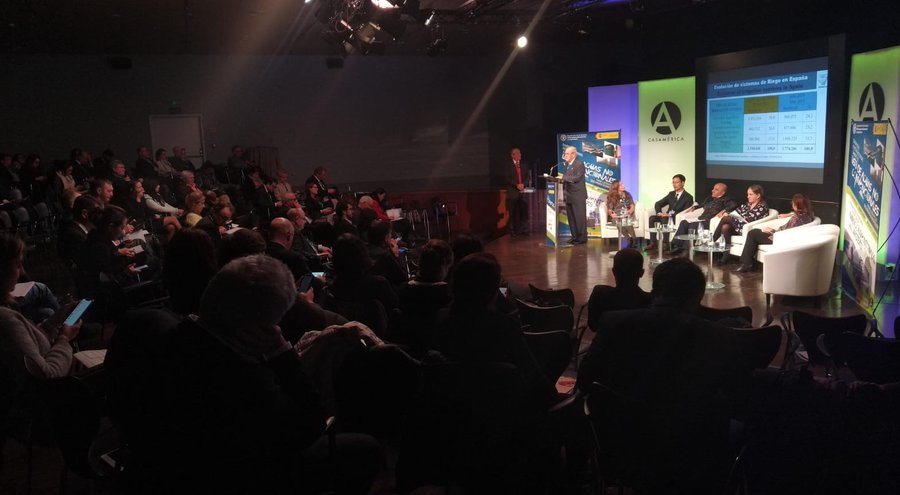 This document represents the proceedings of a Continental
Youth Workshop convened by the Forum for Agricultural Research in Africa (FARA)
at its secretariat in Accra, Ghana from 2 to 4 May 2019, as the Capacity
Development and Technology Outreach Enabler Compact of the Technologies for
African Agricultural Transformation (TAAT).
This document represents the proceedings of a Continental
Youth Workshop convened by the Forum for Agricultural Research in Africa (FARA)
at its secretariat in Accra, Ghana from 2 to 4 May 2019, as the Capacity
Development and Technology Outreach Enabler Compact of the Technologies for
African Agricultural Transformation (TAAT).
The workshop was convened to initiate the process of developing
a set of guidelines on strategic engagement and capacity development of youth,
focused on agripreneurship and scaling of technologies for increased
productivity. The continental youth engagement workshop was a great platform
for the active participation of young people in their realities.
The idea behind this was that the participants should take
ownership of the deliberations and recommendations to make their life better,
solve the problems around them and respond to their needs (within their
possible scope of action and influence) instead of waiting for somebody to do
it for them.
During the workshop, the participants identified some youth
initiatives within their countries which are directly linked with local
community life and are gender-responsive but some of them concern regional,
national or trans-national issues. Actively engaging youth gives them the power
of influencing the world around them and allows them to use their creativity in
working on common tasks and finding solutions to common problems.
 Deliberations at the workshop encompassed the various value
chains, TAAT, several youth initiatives, experience capitalization, FARA data
informs and agri-preneurship capacity framework among others. Based on these
discussions, opportunities for youth to tap into; the requisite skills,
competencies and resources that they already have to seize these opportunities;
and other skills, competences, resources they would you require to maximize
their potential in these value chains were outlined.
Deliberations at the workshop encompassed the various value
chains, TAAT, several youth initiatives, experience capitalization, FARA data
informs and agri-preneurship capacity framework among others. Based on these
discussions, opportunities for youth to tap into; the requisite skills,
competencies and resources that they already have to seize these opportunities;
and other skills, competences, resources they would you require to maximize
their potential in these value chains were outlined.
To effectively engage youth, it is crucial to note that
youth initiatives requires young people’s actions, undertaken by them to bring
something new to, or change something in, their close surroundings. An aspect
which the youth participants emphasized on is the link between self-development
and developments in local community.
Download copy: FARA Africa
Download copy: FARA Africa


